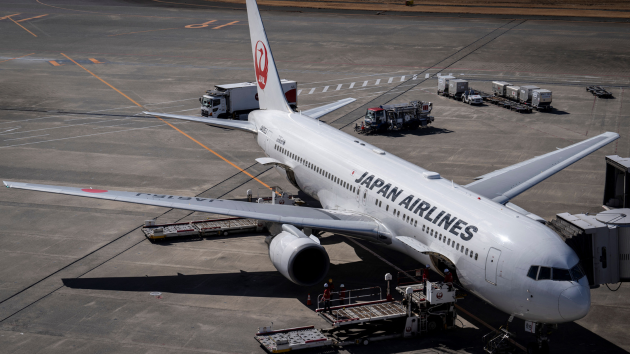India goes for e-ride, eyes all-electric car fleet by 2030
Sat 29 Apr 2017, 18:13:35
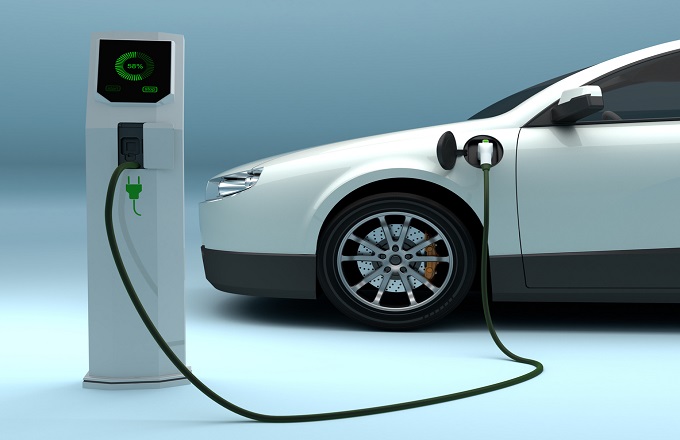
India is looking at having an all-electric car fleet by 2030 with an express objective of lowering the fuel import bill and running cost of vehicles. “We are going to introduce electric vehicles in a very big way. We are going to make electric vehicles self- sufficient like UJALA. The idea is that by 2030, not a single petrol or diesel car should be sold in the country,” Goyal said while addressing the CII Annual Session 2017 here today. Goyal is of the view that initially the government can handhold the electric vehicle industry for 2-3 years to help it stabilise.
Citing the example of Maruti, which has logged over 30 per cent profit this time, he explained that the government had supported India’s largest car maker initially, which eventually led to the development of the big automotive industry in the country. Goyal told reporters later that the Ministry of Heavy Industries and the NITI Aayog are working on a policy for promotion of electric vehicles. The minister pointed to the cost
factor, saying people would like to buy electric vehicle when they find it cost effective.
factor, saying people would like to buy electric vehicle when they find it cost effective.
About offshore wind projects, Goyal said these are more like an R&D project. The minister suggested that big PSUs, including NTPC, can initially invest in such projects that will lead to development of this segment in coming years. Goyal said that in the last 3 years, India’s energy consumption has grown by about 6.5 per cent CAGR (compounded annual growth rate), more than the figure for the last 10 years.
He said, “Through UJALA, the LED distribution programme, we have already seen about 500 million LED bulbs sold in the last two years. My job is to improve India’s energy efficiency to reduce consumption wherever it is wasteful and ensure that demand is met fully.” He made a point that UDAY has not been just about financial re-engineering but financial discipline. The UDAY scheme is meant for revival of debt stressed discoms.
No Comments For This Post, Be first to write a Comment.
Most viewed from National
Most viewed from World
AIMIM News
Delhi Assembly polls: Owaisi leads Padyatra in Okhla
Feb 01, 2025
We reject this Waqf Amendment Bill: Asaduddin Owaisi
Jan 30, 2025
Latest Urdu News
Most Viewed
May 26, 2020
Which political party will win the Delhi Assembly polls to be held on Feb 5?
Latest Videos View All
Like Us
Home
About Us
Advertise With Us
All Polls
Epaper Archives
Privacy Policy
Contact Us
Download Etemaad App
© 2025 Etemaad Daily News, All Rights Reserved.

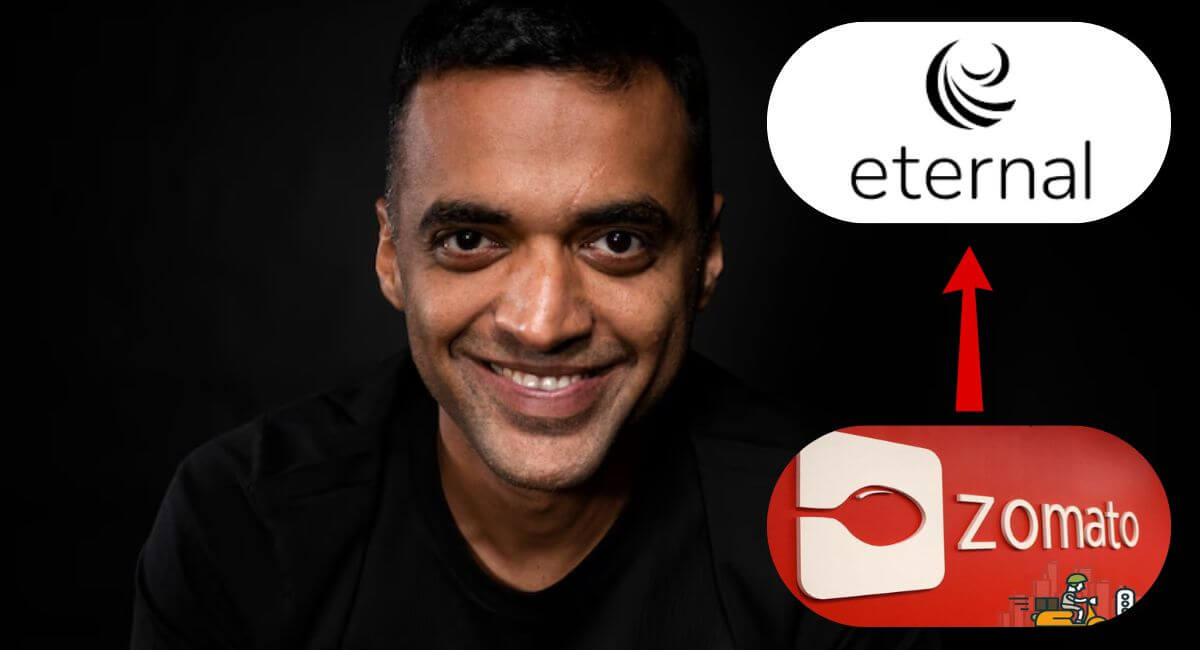
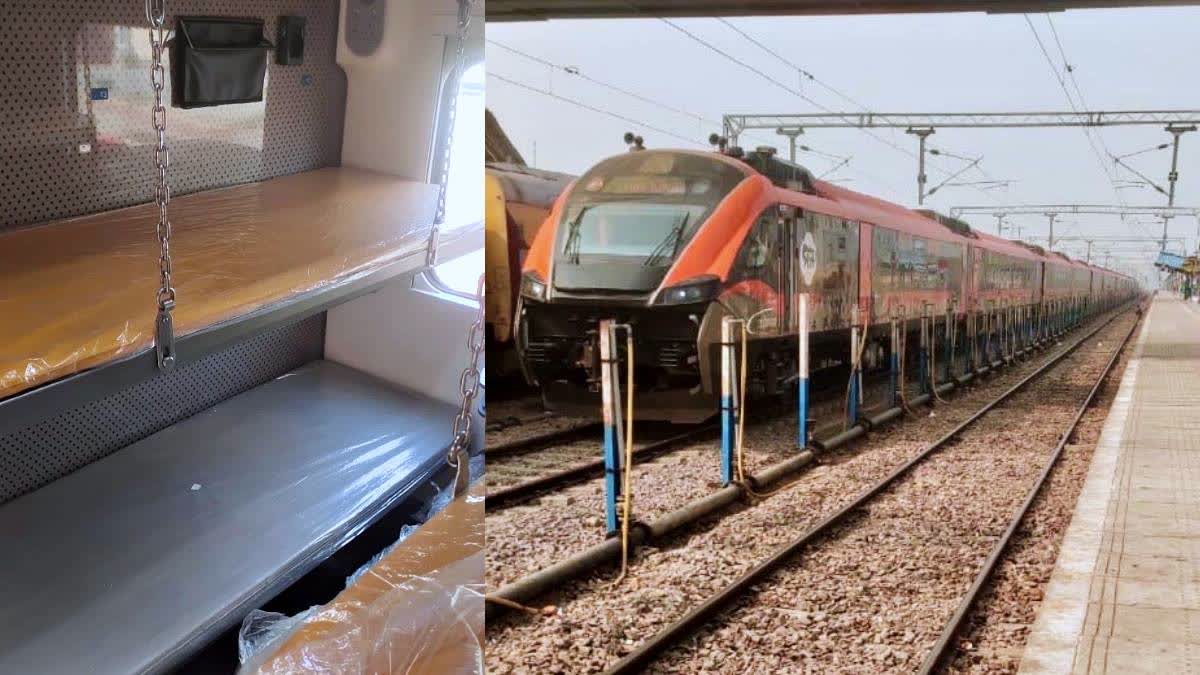
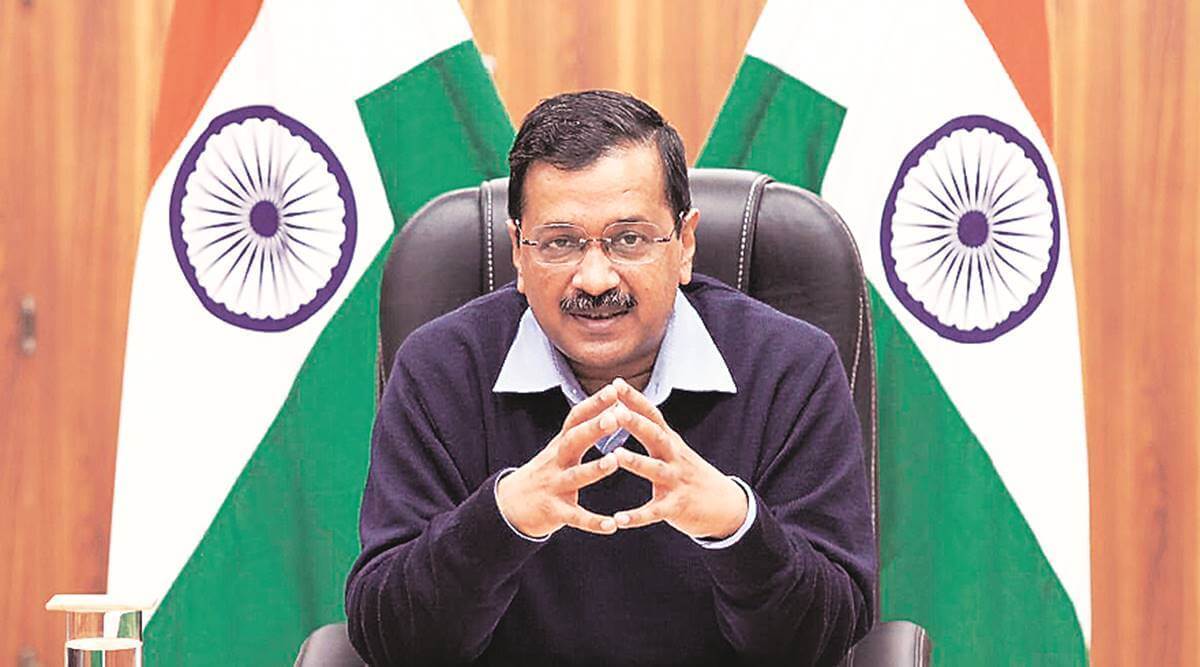
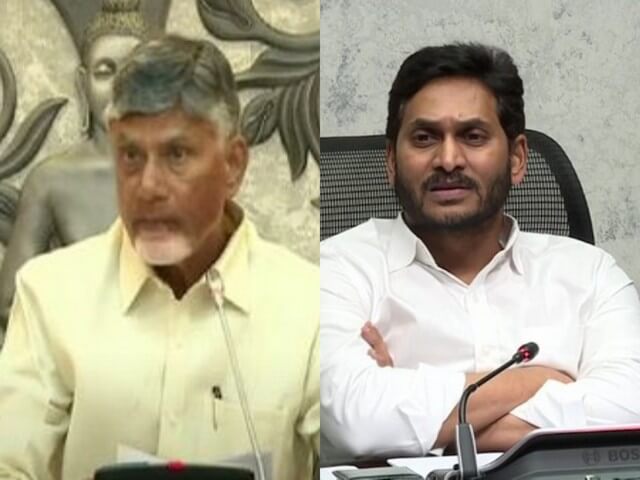
.jpg)
.jpg)
.jpg)
.jpg)
.jpg)
.jpg)
.jpg)
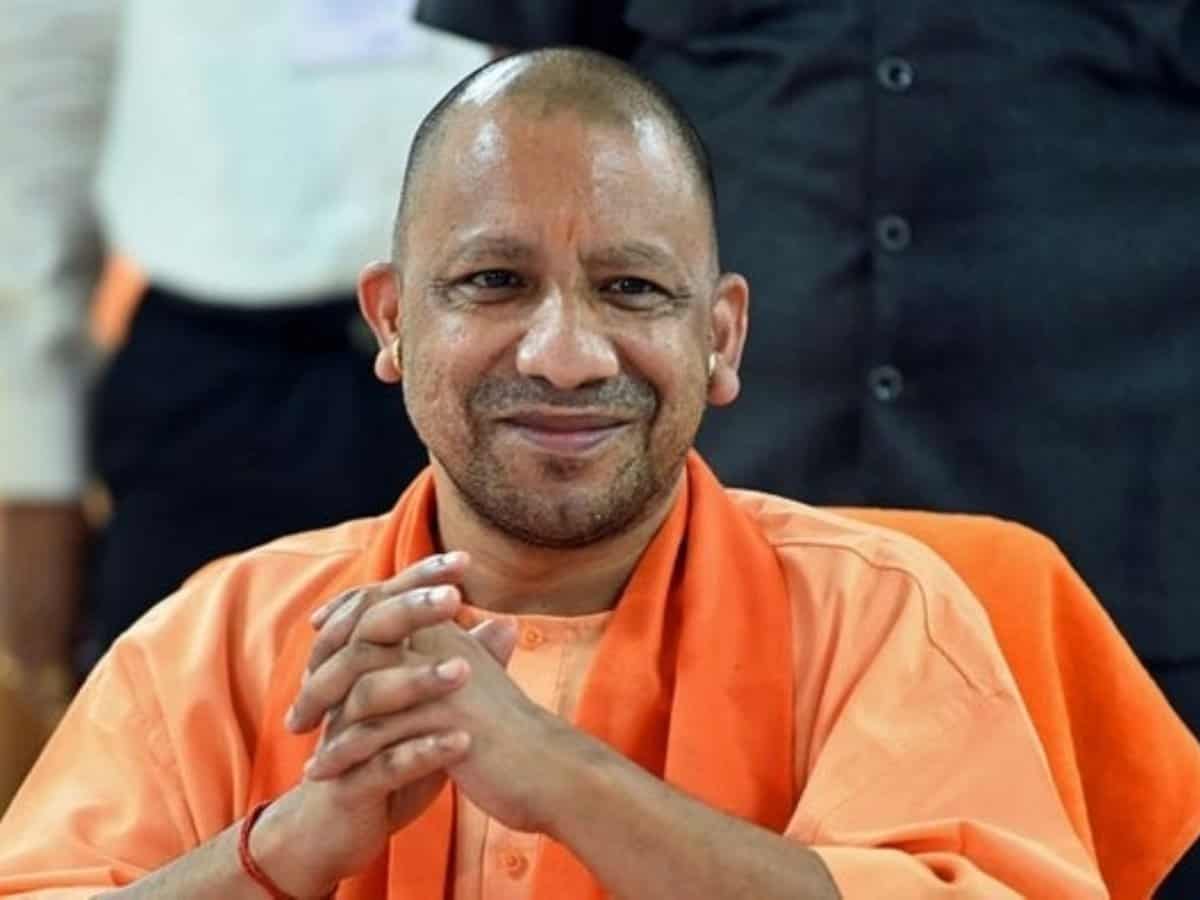
.jpg)
.jpg)
.jpg)
.jpg)
.jpg)
.jpg)
.jpg)
.jpg)
.jpg)

